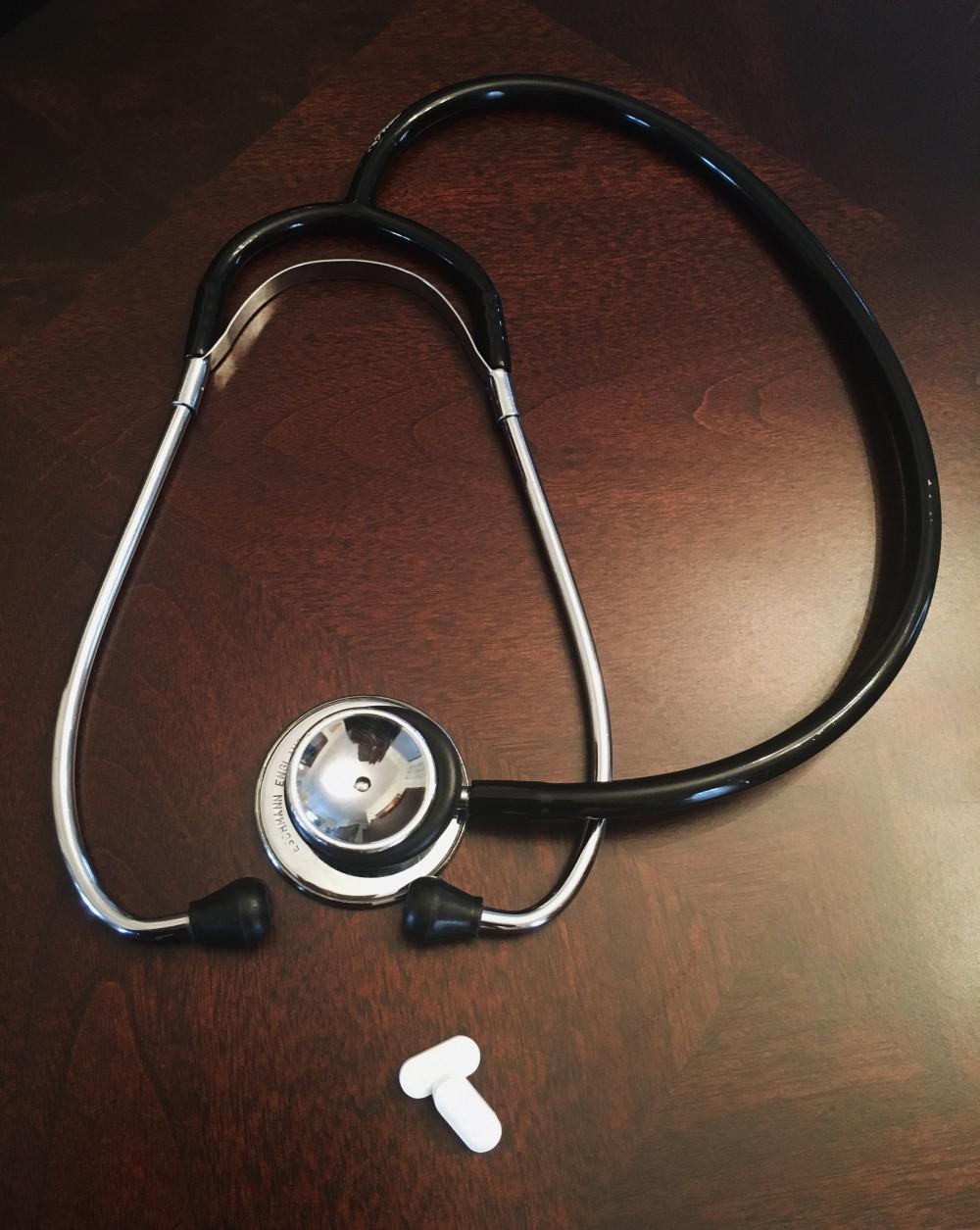Living With High Blood Pressure (hypertension)
Living With High Blood Pressure (hypertension)

“Your health is at the end of the fork”
Your blood pressure is an important part of your health. Adequate blood pressure is essential to supplying nutrients and oxygen to our organs and maintaining optimal body function, but excessive blood pressure levels can damage those same organs and deteriorate body functions.
The definition of “normal blood pressure” has changed over the years based on newer knowledge and understanding of human function.
In 2017, the American Heart Association and the American College of Cardiology revised the hypertension guidelines. The current definitions are:
- Normal: less than 120/80 mm Hg
- Elevated: Systolic blood pressure between 120-129 and Diastolic less than 80 mm Hg.
- Stage 1 hypertension: Systolic between 130-139 mm Hg or Diastolic between 80-89 mm Hg.
- Stage 2 hypertension: Systolic at least 140 mm hg or diastolic at least 90 mm Hg.
- Hypertensive crisis: systolic over 180 and/or diastolic over 120, with patients needing prompt changes in medication if there are no other indications of problems, or immediate hospitalization if there are signs of organ damage.
There are a lot of things you can do to prevent the development of high blood pressure or treat high blood if you have developed it. It is important to remember that the doctor’s prescriptions are secondary to your own actions.
“You have ownership over your health and outcomes”.
There are many lifestyle modifications that you can make to take control of and improve your blood pressure. These include:
- Changing your diet to include more fruits, vegetables, whole grains, and low-fat dairy products with reduced saturated and total fat.
- Increasing physical activity to 90 to 150 minutes each week of aerobic exercise. Aerobic exercises include things like walking, jogging, running, dancing. Also, include three days of strength training each week. Using 5 to 10 lb weights is sufficient. Not only do these help control your blood pressure, but they also help with weight management. In overweight individuals, a weight loss of even five to 10 percent has been shown to reduce blood pressure.
- Decrease your sodium to no more than 1500 milligrams each day. Less is even better. Experiment with spices instead of adding salt to your food. It is best to avoid canned foods as they are loaded with salt.
- Limit alcohol intake. It is recommended that men have no more than two drinks per day and women have no more than one to help control blood pressure.
- Manage your stress. This is easier said than done but is an especially important component of blood pressure control. It is important to have effective coping techniques because stress has adverse effects on our bodies.
- Quitting smoking can have a huge impact on your overall health and blood pressure control.
https://www.lifespan.org/lifespan-living/do-you-have-high-blood-pressure-what-new-guidelines-say


